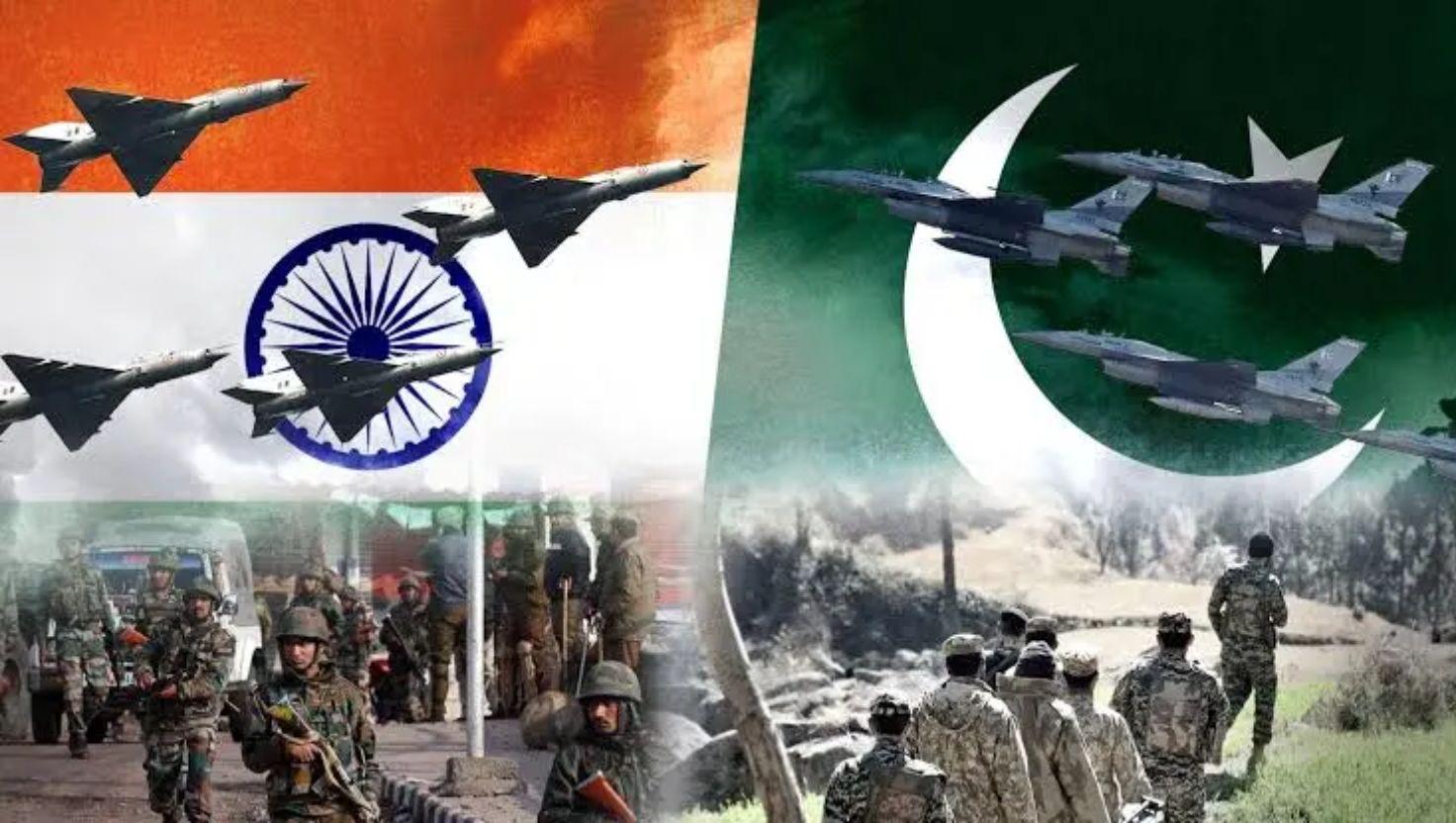India has accused Pakistan of launching coordinated drone and missile attacks on three of its military bases, including sites in Jammu and Udhampur in Indian-administered Kashmir, and Pathankot in Punjab. The Indian Army claimed it had successfully thwarted the attempts, though the strikes triggered widespread blackouts and explosions in parts of Jammu on Thursday evening.
Pakistan has firmly denied involvement. In an interview with the BBC, Pakistan’s Defence Minister Khawaja Asif said, “We deny it; we have not mounted anything so far. We will not strike and then deny.”
The accusations follow a sharp escalation in hostilities that began earlier this week. On Wednesday, India carried out what it called pre-emptive strikes on Pakistani air defences, claiming to have neutralised attempts by Islamabad to target Indian military positions.
India said the strikes were in retaliation for a deadly militant attack on April 22 in the town of Pahalgam, which killed 26 civilians — mostly Indian tourists. Indian authorities later accused the Pakistan-based group Lashkar-e-Taiba of orchestrating the attack and alleged that two of the assailants were Pakistani nationals — a claim Islamabad categorically denies.

Pakistan condemned India's military actions as “unprovoked aggression,” and said Indian missiles struck locations in both Pakistan and Pakistan-administered Kashmir, killing at least 31 people and injuring 57. Pakistan’s military spokesman, Lt Gen Ahmed Sharif Chaudhry, claimed that Indian drones were detected and engaged over Lahore, Gujranwala, Chakwal, Rawalpindi, Attock, Bahawalpur, Miano, Chor, and near Karachi. He confirmed one civilian death and four soldiers injured in Lahore.
India’s Defence Ministry responded that its air defences had neutralised attempted Pakistani strikes on military targets in northern and western India overnight, stating, “It has been reliably learnt that an Air Defence system at Lahore has been neutralised.” Pakistan denied the claim.
There is no independent verification of the claims from either side.

The escalation has triggered global concern, with the United Nations, United States, Russia, and China all calling for restraint. The U.S. Consulate in Lahore issued an alert for staff to shelter in place.
India’s Foreign Secretary Vikram Misri emphasized in a press conference in Delhi: “Our intention has not been to escalate matters. We are only responding to the original escalation.”
Tensions along the Line of Control (LoC) remain dangerously high. India reported that 16 people have been killed in Pakistani shelling across Kashmir, including five children and three women.
Local media in India also reported explosions on Thursday in the towns of Akhnoor, Samba, and Kathua, suggesting a broader strike pattern across the Jammu region.
In a late-night address on Wednesday, Pakistani Prime Minister Shehbaz Sharif condemned the Indian strikes and vowed a strong response. He reiterated Pakistan’s claim of shooting down five Indian fighter jets, calling it a “crushing response” — a claim India has yet to confirm or deny.
This latest conflict is being seen as the most serious confrontation between the two nuclear-armed neighbours since the Kargil War in 1999, with fears rising over a potential full-scale war.
Kashmir, the disputed Himalayan region claimed by both nations, remains the flashpoint. Since independence in 1947, India and Pakistan have fought three wars, two of them over Kashmir, and the region has seen a decades-long insurgency that has claimed tens of thousands of lives.
As the situation continues to unfold, the international community watches with concern, urging both sides to pull back from the brink.

